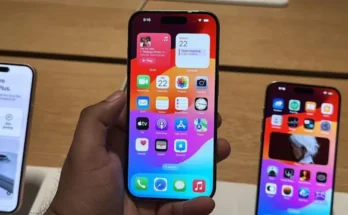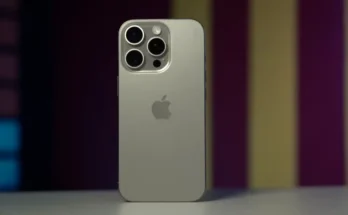Key Takeaways
- Google Photos will include disclosure notes and label photos that have been altered with AI techniques.
- Both the web and app versions of Google Photos will have the new tagging function in the “Details” section.
- Though Google is thinking of adding them for transparency, the lack of visual watermarks may make it more difficult to quickly identify AI-edited photographs.
Next week, Google Photos will start adding disclosure statements to photos that have been altered using AI tools like Zoom Enhance, Magic Editor, or Magic Eraser.
Images that have been edited with these tools already have IPTC-compliant information indicating that generative AI was used to alter them. In Google Photos, the business will now provide AI editing data next to information like location, file name, and backup details. If a picture was “Edited with Google AI,” a new note will appear when users open it and go to the bottom of the “Details” section. On October 24, Google made this new revelation public in a blog post.
The picture details view will provide access to the “AI info” section both in the app and on the web. Additionally, these labels will show when a picture incorporates elements from other photographs, like when utilizing Pixel-only Best Take and Add Me features.
Google Explains Artificial Intelligence-Edited Photos But Watermarks Are Still Absent
The new disclosure, according to Google, attempts to “further improve transparency.” However, the lack of obvious watermarks may make it more difficult for consumers to spot AI-edited photos fast, as most people only take a cursory look at online photos before moving on.
The IT behemoth admits to its continuous efforts and will keep gathering input while looking into ways to improve the transparency of AI edits. According to TechCrunch, Google hasn’t completely ruled out adding graphic watermarks to its images.
Following the release of the Pixel 9, which integrates Google’s most recent AI algorithms for improved image processing and editing, the announcement was made. Users can produce hyper-realistic photos with its sophisticated photo editing tools, which raises ethical questions about its abuse for disinformation and evidence modification. Critics contend that Google’s fundamental security measures, including metadata tagging, are inadequate, prompting demands for more stringent laws and enhanced detection systems to mitigate these threats.



